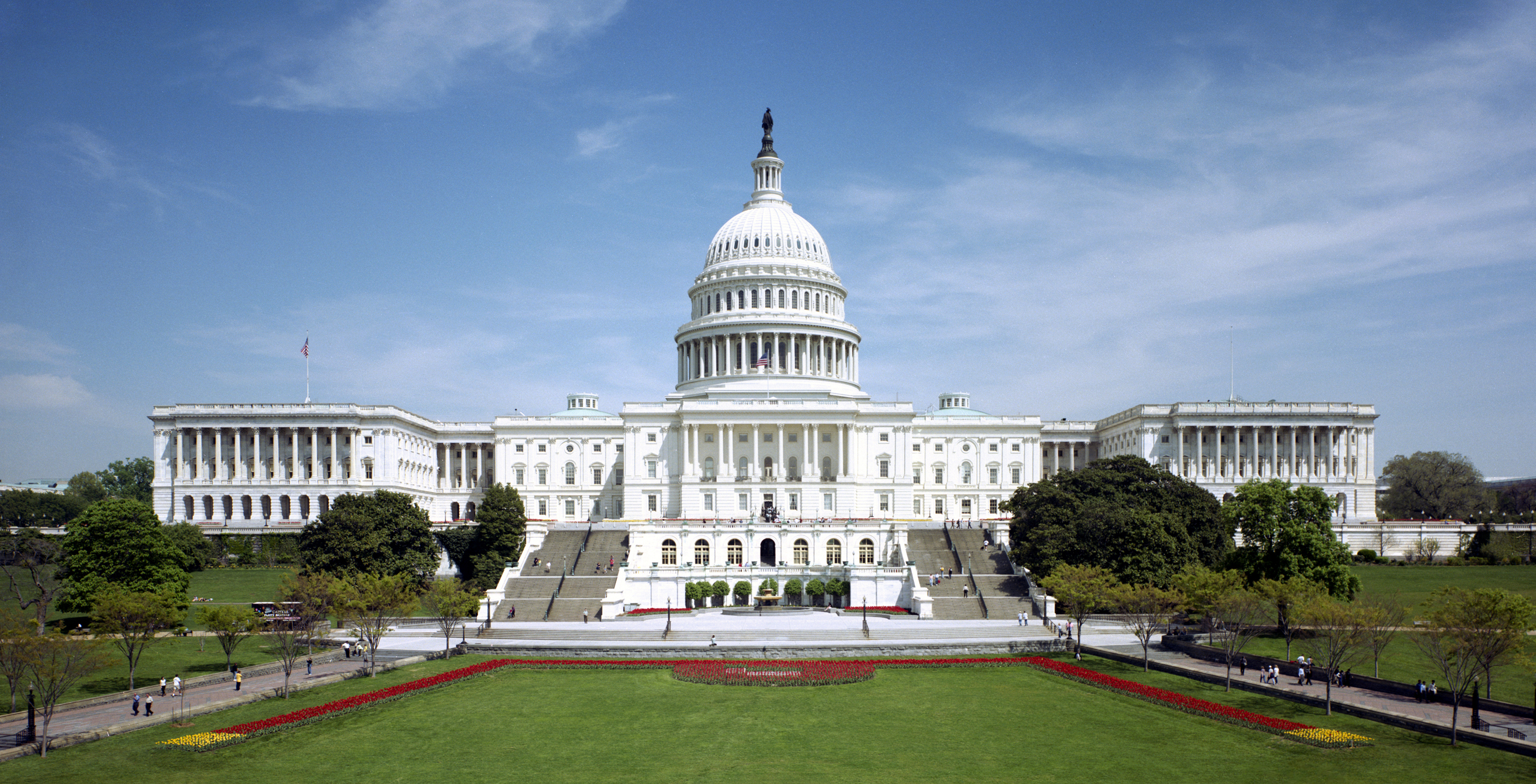Membership in the European Union, assuming the current member states agree to permit Croatia's entry, would be enormously beneficial to it in several different ways. Economically, it would reduce tariffs and promote growth and finance between other member nations of the EU; politically, it would bind Croatia's interests to that of the EU, and vice versa, giving Croatia a much larger voice on the world stage than it might otherwise have.
I should probably give some background history before I say any more about this latest accession. The European Union was formed after World War II, as a response to the massive economic slowdown Europe had encountered. While it started with coal, over time it expanded to other products and eventually the entire economies, it functions as a single market-- all the individual countries have the same customs laws, no internal tariffs, etc. This means that someone in Germany can send goods to France with essentially no governmental interference- similar, in many respects, to shipping many products (for instance, steel) across state lines in the United States. Many of the member states of the EU have joined a further union called the Schengen Area, which allows citizens of one country within the area to move to any other country within the area without needing a passport.
This union is critical to Europe in the current economic climate more than ever. Whereas before World War Two, the European nations dominated world trade and economic activity, none are nearly so powerful shorn of empire. The British Empire's economy in its heyday was, in my estimation, at least as large a fraction of world GDP as America's is today. Uniting as a single market gives the European states a much greater degree of influence at the world stage by allowing them to use their total economic might as leverage.
Croatia's joining in would give the EU a relatively small boost to the entire Union; the Union's benefits for Croatia are likely to be much larger. Nor are these the simple addition of Croatia's GDP to that of the EU; when countries join, they also gain the benefit of free movement of cargo within the Union, which provides enormous economic incentive for countries to invest in each other. Croatia will actually grow faster within the Union than outside it.
Some of my readers may be asking why this is important. To them, I say: look at where Croatia is located. In the middle of the Balkan mountains, an area of ethnic tensions even today. While Croatia has high standards of living and a strong economy, the same cannot be said of all the nations nearby. Hopefully, accession into the EU will lead to more of the countries nearby joining as well.
Politically speaking, it is good to see more states joining the EU as well. The member nations, though they frequently squabble, are much more harmonious today than they have historically been. The real question, however, is how Russia will react to more of its former satellites joining the EU. Russia has historically not been handled particularly well by the West, although it frequently hasn't been the best neighbor, either. While Croatia was not part of one of the major satellite states, it must be galling for Prime Minister Putin to see nations which were under Russia's shadow-- and all too frequently, its thumb-- during the Soviet era aligning themselves with the EU and occasionally with NATO (Poland, for instance).
As the major power broker in Eastern Europe, Russia's opinion will carry great weight, even in the West (such as when America cancelled its plans for a missile shield in Poland after Russian bad reactions). A positive reaction could herald an improvement in its often tumultuous relations with the West. A poor one, on the other hand, could be a harbinger of more of the same. Whatever the reaction from the Bear, a Union extension down into the Balkan region is likely to bring good tidings to a long troubled area.





